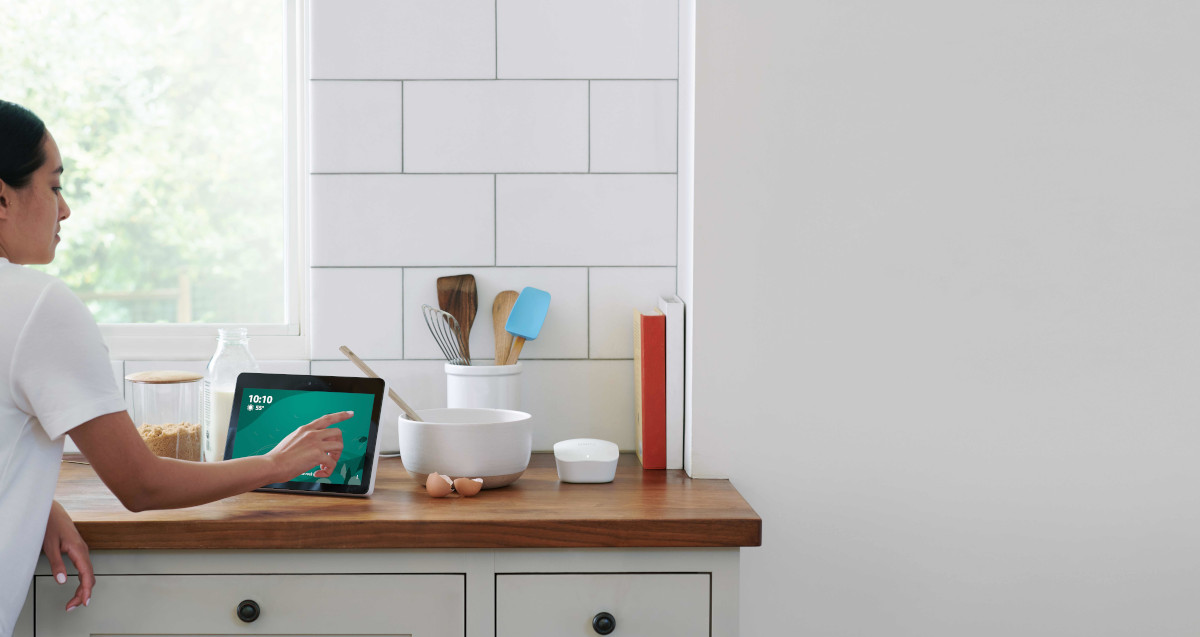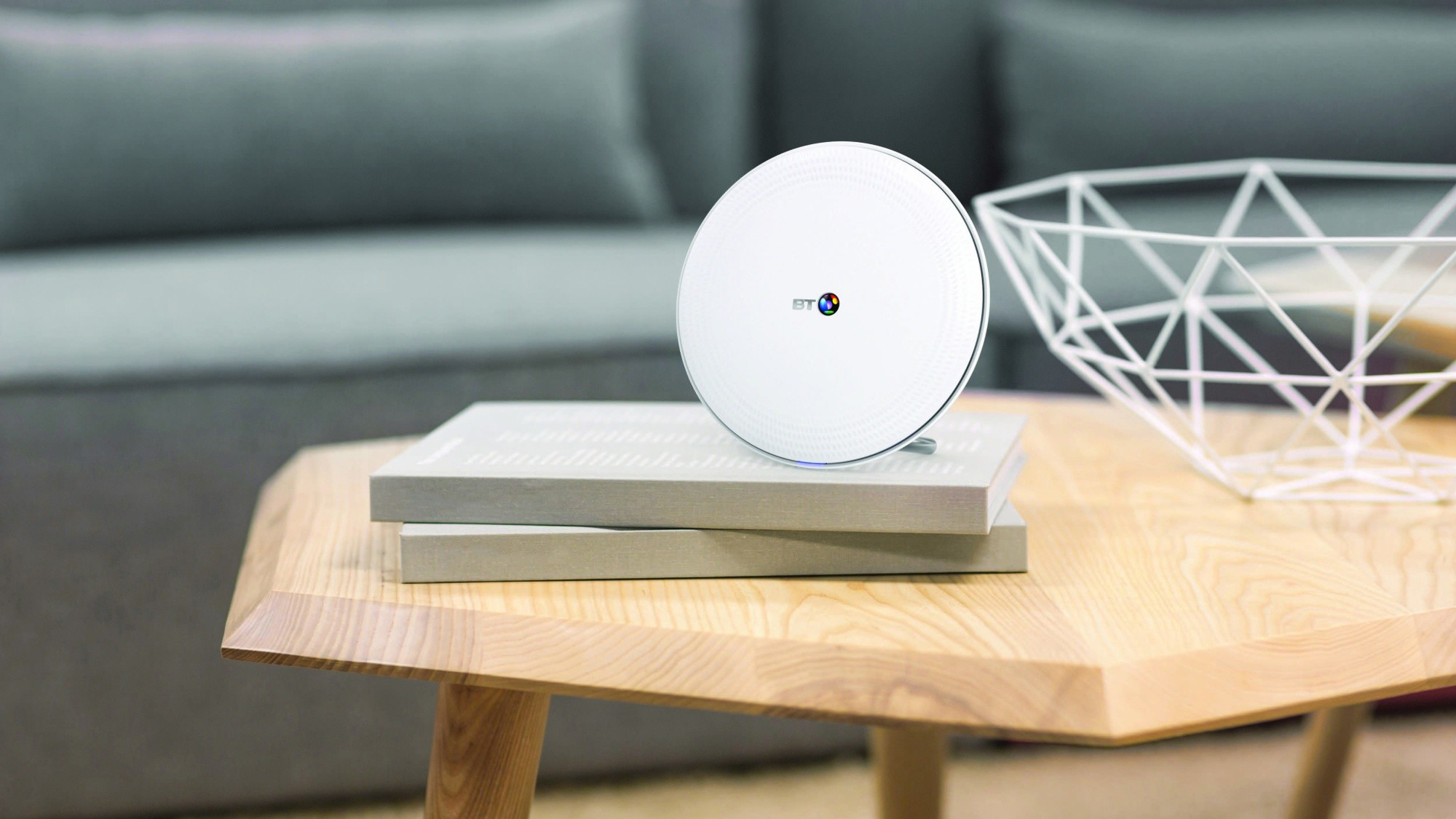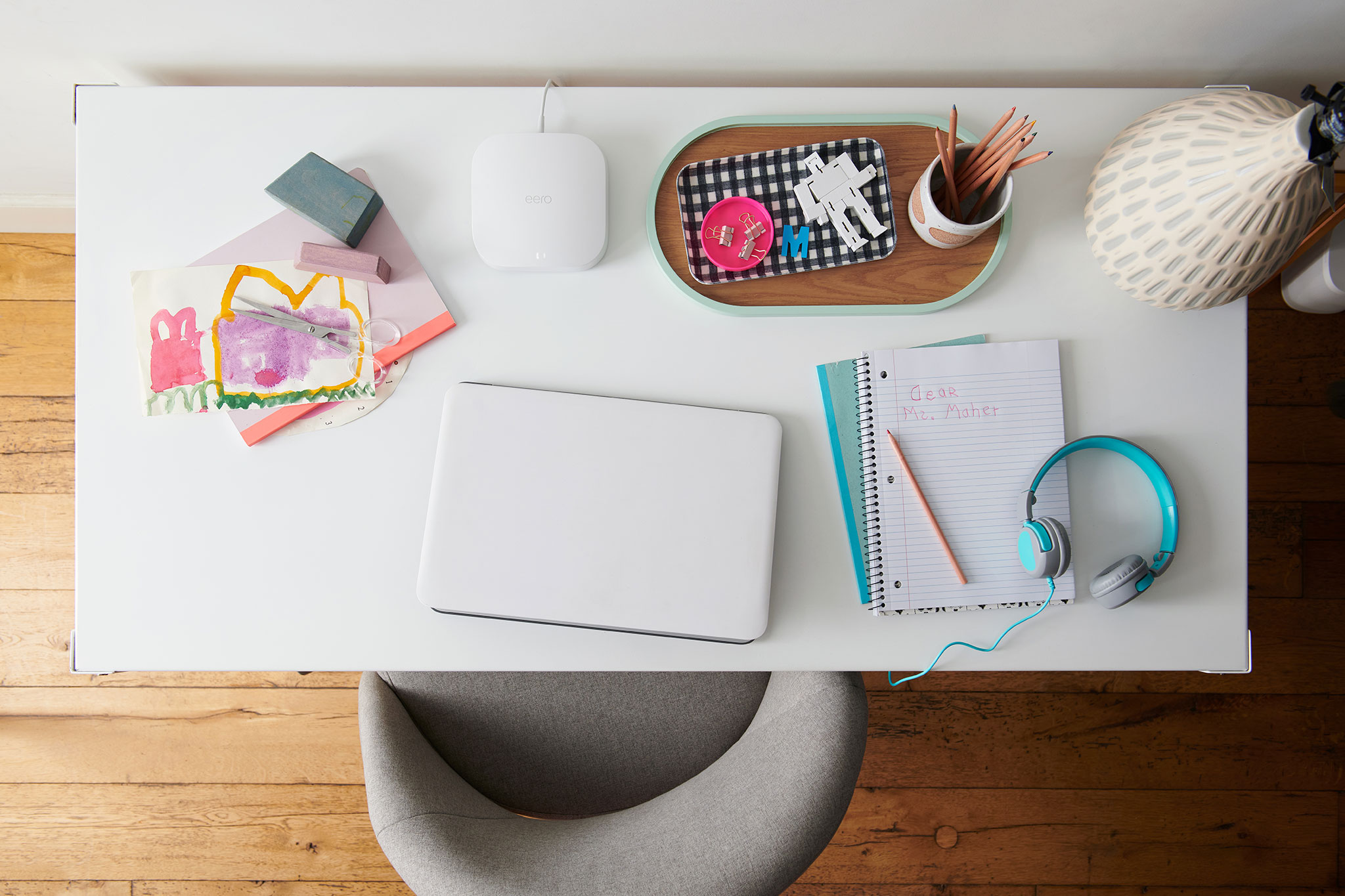Amazon Eero vs BT Whole Home: which mesh network should you buy?
We compare Amazon's Eero with BT's Whole Home to find the best mesh network for most people


There are a few things that we can all agree on as much as slow WiFi is the worst. The absolute worst. To combat the scourge, we've spent hours testing different units to find the best mesh networks for most people, bringing glorious connectivity to hard-to-reach places in your home or office.
Whether you're sitting down to watch some TV, trying to work or study, or FaceTime with friends, slow internet is killer. A mesh network is one of the most reliable ways to solve this problem and today we're comparing Amazon's Eero and BT's Whole Home systems.
These are two of the most popular wide-spread mesh WiFi systems on the market today in 2022, so it makes sense to compare and contrast them to see what performance and features each offer. We also take a look at how much each mesh WiFi system costs, too, and display today's best deals on them.

Amazon Eero vs. BT Whole Home: Features
Amazon's Eero is by far and away the most popular mesh network in the world and with good reason: While it might not be the most powerful, or the cheapest, it offers a really intuitive, plug-and-play WiFi mesh network that takes moments to set up and gives you strong coverage basically anywhere.
Everyone in the UK will know BT but fewer will be familiar with its Whole Home system, one of the first mesh networks on the market. Instead of replacing your router, BT's system adds to it, sitting alongside your existing network and improving coverage through three disc-shaped extenders.
Eero says its three-pack mesh network covers up to 460 square meters while BT's covers up to 420 sq. meters, meaning they're pretty evenly matched.
According to BT, three disks is perfect for flats or homes with 3-4 bedrooms while homes with upwards of five bedrooms need four disks. Eero sells a three pack and customers can add additional devices to that if they wish.
Get all the latest news, reviews, deals and buying guides on gorgeous tech, home and active products from the T3 experts
As with everything Amazon, Eero's app works really work and makes setting up and managing the device and network super simple. Want to create a guest network? A few taps will do it. Want to pause internet access? Same story. BT's app is also really easy to use and makes managing your network a breeze.
On balance, we'd probably go for Eero's on this basis but BT's is by now means a slouch and will serve the needs of most people, especially if your router is hard to access.
- Read our five star Amazon Eero review

Amazon Eero vs. BT Whole Home: Design
Given that you're likely going to place three of these units around your home, the design is quite important. Luckily, both the Eero and BT models have very different and distinct designs, making the choice a bit easier.
To start, BT has opted for a disc-shaped design with an attractive off-white colour, BT logo in the middle, and thin 7.7mm profile. We have nothing against the design, although it might clash with some interior decorating styles.
On the other hand, Eero has gone for a squat, squared-off design that we think is probably more attractive than BT's for most people.
Both styles are attractive and the differences in designs means that you can choose the one that fits most naturally with your home or office decor without sacrificing coverage, since they both offer upwards of 400 sq.m with three units.

Amazon Eero vs. BT Whole Home: Which is best?
Both Eero's and BT's mesh networks have massive pros and much smaller cons: They'll work with all major broadband providers, offer loads of coverage even in nooks and crannies, and have distinctive, attractive designs.
One of the major differences is the price: BT's offering is actually very reasonably priced for three units, often coming in at around £199. On the other hand, Eero's three pack units start at £249, with a solo unit offered for £99. If price is a big factor, BT's beats the Eero on merits.
But overall, we think that Eero is probably the more rounded option, from the total coverage to setup and management via its intuitive app. There's a reason we ranked it as the best mesh network and gave it five stars.
- Amazon Eero vs. Google Nest Wifi: which is best?
- The best office chairs for most people
Max Slater-Robins has written for T3 now on and off for over half a decade, with him fitting in serious study at university in between. Max is a tech expert and as such you'll find his words throughout T3.com, appearing in everything from reviews and features, to news and deals. Max is specifically a veteran when it comes round to deal hunting, with him seeing out multiple Black Friday campaigns to date.
